No Results Found
The page you requested could not be found. Try refining your search, or use the navigation above to locate the post.
The page you requested could not be found. Try refining your search, or use the navigation above to locate the post.




Farm Owners Academy © 2015 - | All Rights Reserved | ABN 93 624 830 128 | Ph 0447 184 167
Terms & Conditions | Privacy Policy | Disclaimer | Contact Us
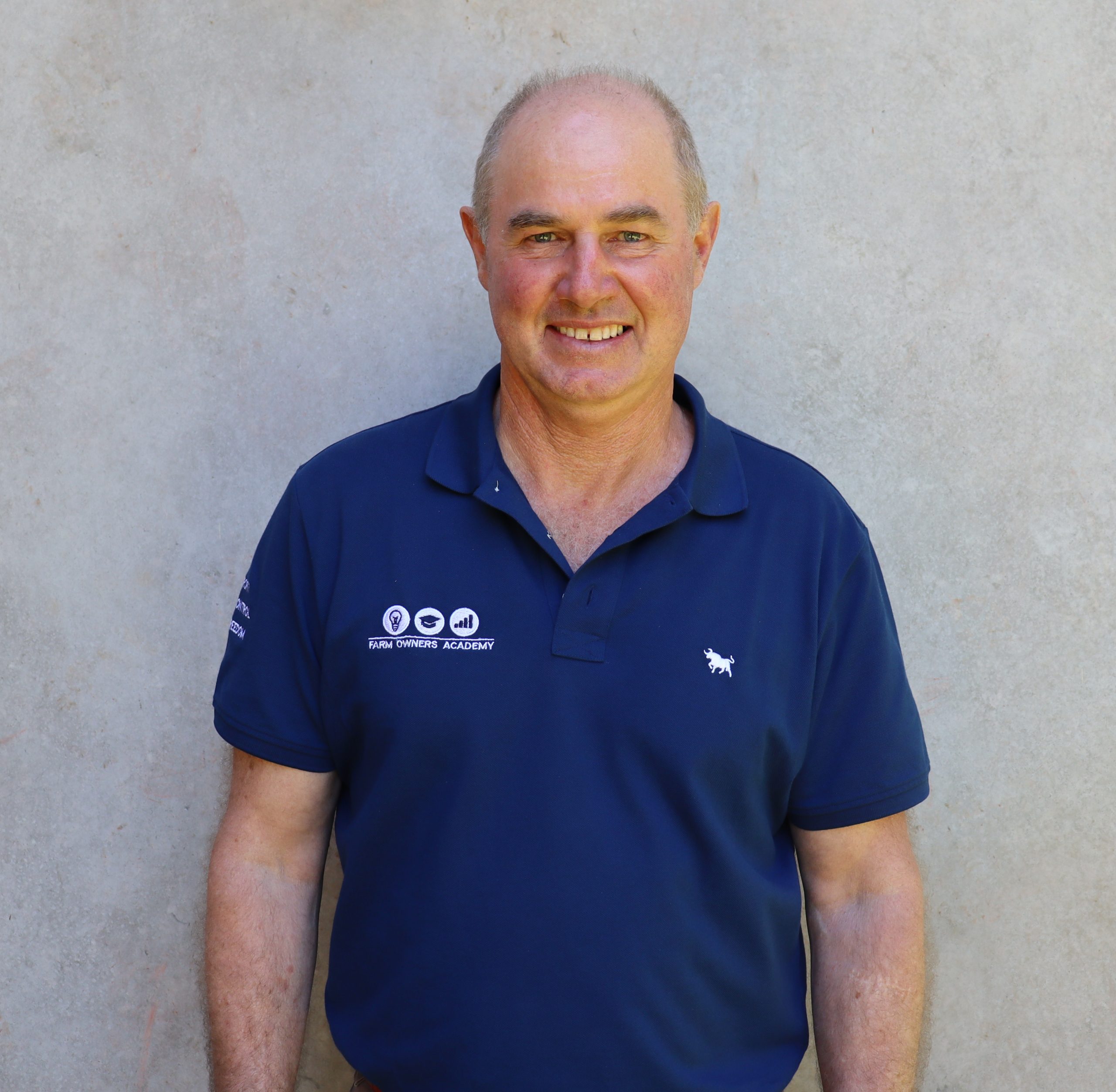
Tim is a founding member of Farm Owners Academy, having started his journey in 2015 at a TOP Producers Workshop. He and his wife Cheryl, own a mixed farming operation in the Upper South East of SA.Applying the principles taught by Farm Owners Academy has resulted in the farm business now being run by a great team which has freed Tim up to travel and mentor Platinum Mastermind members around Australia. Tim brings many years of practical experience to his role as a Benchmarking Analyst and enjoys helping members understand their numbers and providing support with decision-making.
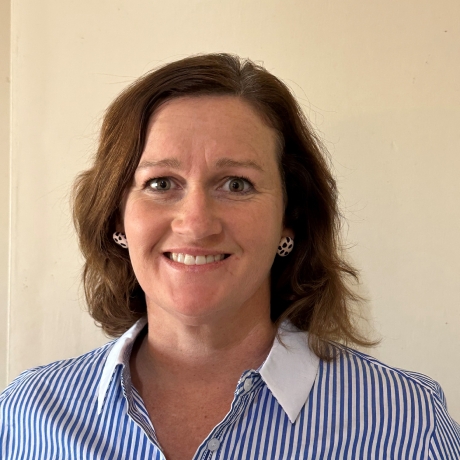
Cassandra along with her husband, Andrew and three teenage children operate Kathleigh Farms, a dairy farm business at Rochester in Northern Victoria. The dairy business has grown from starting out on a small dairy farm in QLD milking 50 cows to a herd size of 500 at their current location. Cassandra has a Bachelor of Science in Agriculture and has worked in the area of Animal Genetics and Agribusiness Banking prior to full-time farming. Throughout her farming career she has been involved in industry leadership roles. Cassandra has experienced firsthand the benefits of the FOA learnings and being surrounded by like-minded business people in the FOA community as a recent graduate of the Platinum Mastermind Program and now as an Alumni Member. Cassandra is honoured to have the opportunity to guide and support participants on their journey in the program and is motivated to see her clients achieve their business and personal goals.
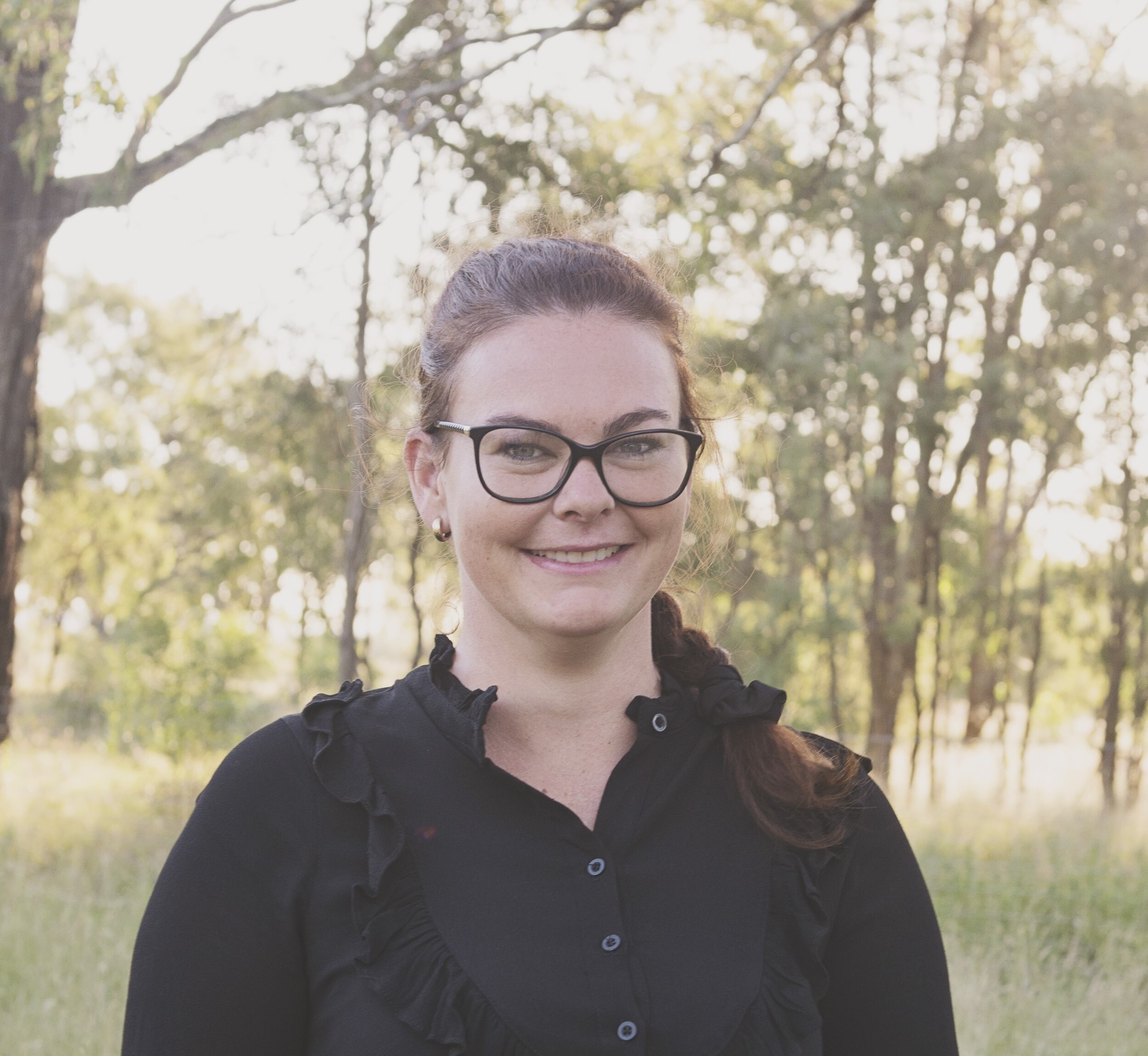
Mother, Wife, Farm CFO, and Farm Business Coach for New Members – Hayley wears many different hats on a day to day basis. Previously qualified in financial planning with a degree in economics and finance, this has assisted Hayley to build the financial framework that has grown their first generation farm from establishment in 2016 to a flourishing industry leading egg production farm. In previous roles before commencing farming Hayley has been a business coordinator assisting in managing 60 staff. This knowledge has assisted Hayley in maintaining the business mindset for the farm and allowing the farm to reach so many milestones. Hayley’s journey with Farm Owners Academy started in 2019 in the Take Control Program, before commencing the Platinum Mastermind program in 2022. Hayley has a genuine and honest passion for helping farmers to see their potential and realise their goals by providing clarity and value.
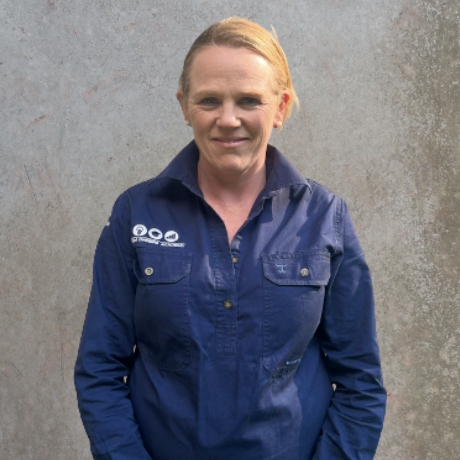
Alison is a 4th generation livestock producer, and together with her family, she has operated in both seedstock and commercial beef cattle production. Alison, her husband Andrew and their two small children, are based near Wagga Wagga in the NSW Riverina. For the past 12 years, Alison has worked as a consultant to the livestock sector. She is particularly passionate about helping producers improve efficiency in their operation with a strong focus on data and production records. Alison thrives on supporting and working with producers and being part of their growth journey.
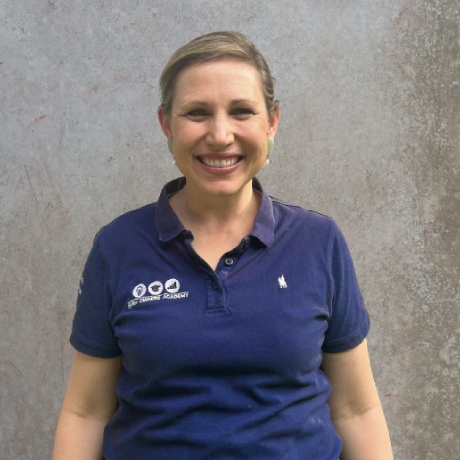
Benita joined the FOA coaching team in 2020 and gains tremendous satisfaction supporting members to set and get their goals. Her role ties together Benita’s background and experience in coaching, agriculture and small business, as well as her passion for personal development and entrepreneurship. Benita is part of a family farming operation producing grain, seedstock and commercial beef cattle near Moonie in the Western Downs of Southern Qld. She and her husband Adam completed the Platinum Mastermind program in February 2023 and have experienced its benefits firsthand. From a career in the beef industry, to extension, marketing, communications and coaching, supporting others to be their best and create the results they desire has always been at the heart of Benita’s work. Alongside the farm and her FOA work, Benita is a Mum of four boys, Motherhood Coach, writer, speaker and podcaster.
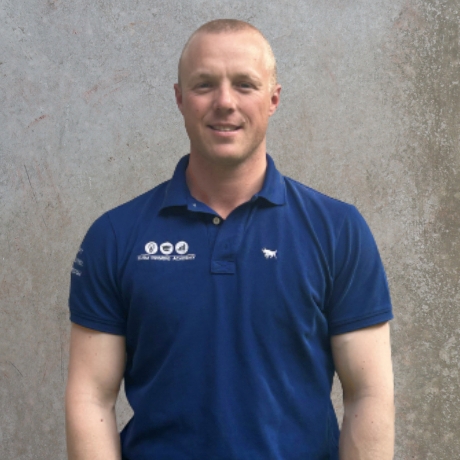
Jack started his FOA journey in 2020 as Part of the Platinum Mastermind program and continues to be involved with FOA as an Alumni member. He runs a self-replacing Primeline composite flock at Mt Emu, Victoria. The farms core focus is to run a sustainable high stocking rate, turning off both healthy fast growing store lambs and exceptional surplus ewe lambs with proven maternal traits. Taking on from what his parents had previously set up, Jack is building a freedom farm that is fully under management which allows him to pursue other opportunities outside of the farm. Jack thrives on his ability to help other like minded farm business owners to achieve new heights not only in their businesses but in their personal lives also.
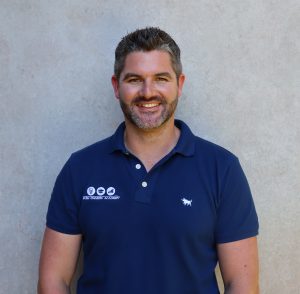
Sam is an experienced executive with strong leadership and business analysis skills gained through 10 years of consulting in the construction industry. During which, Sam led and managed teams of over 65 people and was responsible for all areas of business leadership and management. Sam now translates these skills to the farm business context.
In addition to his previous corporate experience, Sam has been a key contributor in leading the rapid growth of his own Ag Tech business supporting clients all over Australia.
With his 10 years in corporate consulting coupled with the practical experience of leading a fast-growing start-up business, Sam helps clients focus on what is important in their business and supports them to make the robust decisions that help move them towards their goals.
Sam is passionate about the agricultural sector and is committed to delivering on Farm Owners Academy’s mission to help Australian farmers create more profit, more control, and more freedom in their business.
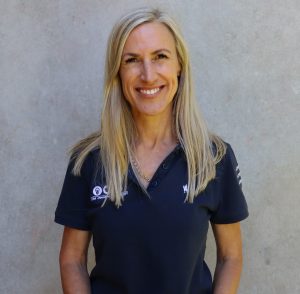
Tracy brings 30 years of business experience to her role as Head Coach for Farm Owners Academy. Tracy helps you make the small shifts that allow you to increase your profits while decreasing your time working in the business. Tracy specialises in helping you identify the thing holding you back from your ideal health, purpose and lifestyle.
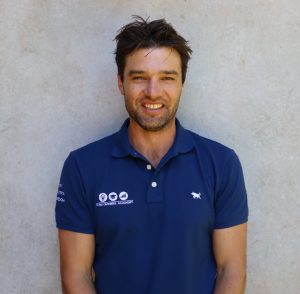
David is a founding member of Farm Owners Academy, having started his journey in 2015 at a TOP Producers Workshop. David owns a farm on Kangaroo Island and is now one of the premier livestock producers in Australia. David is a passionate advocate for the power of a positive mindset, consistent learning & creating a business that follows your passion & values.

Cheryl is a founding member of Farm Owners Academy, having started her journey in 2015 at a TOP Producers Workshop. She grew up on a farm, worked as a lecturer in rural studies & now runs a mixed farming business in South Australia. Cheryl has experienced first-hand the positive influence and beneficial impact FOA has on farming families and businesses and is now using her wealth of experience to help our farmers gain more profitability and freedom.

John is our technical wizard here at Farm Owners Academy. With over 9 years of experience, he is responsible for managing our website, database, and digital marketing. As the go-to person for all tech-related matters, John’s expertise ensures that our online platforms are cutting-edge, user-friendly, and optimized to deliver an exceptional learning experience. His unwavering commitment to excellence and expertise in technology make him an invaluable asset to our team.
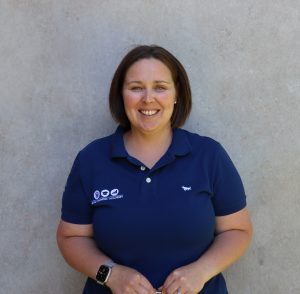
Hayley commenced her FOA journey in March 2018 when she joined the Platinum Mastermind Program. She has a background in business & finance and runs a mixed farming business in Western Victoria. Hayley has experienced firsthand how transformational the FOA programs are and is passionate about cultivating a positive mindset and strong financial foundations within the farming community.
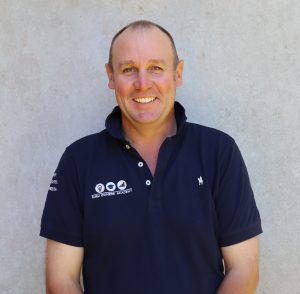
Over the past 10 years, Sam has developed an extensive, large-scale free-range egg production business in south eastern NSW. The property is managed under sustainable farm management principles with a strong focus on soil, pasture, animal and financial health. Business coaching has been pivotal to their success, as has an active involvement in a mastermind initiative with passionate, like-minded farmers. With 4 young daughters, Sam & his wife now focus on supporting their farm team, whilst prioritising personal, family and community objectives.

With over 8 years of experience providing support to both executives and wider teams, Michaela is an accomplished Administrative professional. Over her career, Michaela has worked with a diverse range of clients and a broad range of industries, most recently as Executive Assistant to the Deputy Principal of a large private School. Michaela holds a Bachelor of Arts Degree in Psychology from Macquarie University, and volunteers her spare time as a Telephone Counsellor with Lifeline Australia.
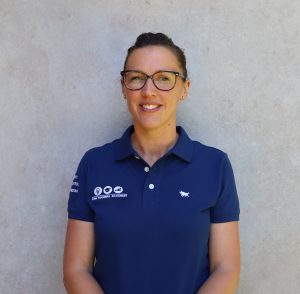
Marina started her FOA journey in 2015 as part of the Platinum Mastermind program and continues to be involved with FOA as an Alumni member. She runs a self-replacing merino and dual-purpose flock on Kangaroo Island with her husband Brett and three young kids. They are building a stand-alone farm business to open up their future for new careers while keeping their multigenerational family farm going. To her coaching role, Marina also brings her previous experience as an accountant, banker and farm manager to her Coaching role with FOA.
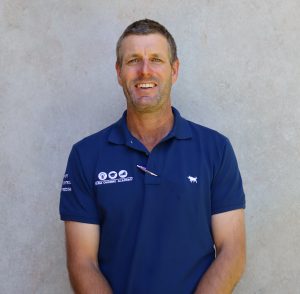
With his wife Annie and four daughters, Rick has been farming at Karatta, Kangaroo Island, SA, for the past 24 years. The farming system has evolved to becoming a self-replacing maternal ewe flock turning off both store lambs to be grown out elsewhere and replacement ewe lambs with emphasis on weaning percentages, early maturity and do-ability (fat, muscle, worm resistance). Rick has a passion for producing fast-growing, healthy stock from healthy soil with a huge emphasis on lamb survival.
Having gained a Bachelor of Ag Science (Hons.) at Adelaide Uni, Rick spent four years as an agronomist with the Western Australian Department of Agriculture in the mid 90’s and continued practising as a private agronomist on KI for another ten years before getting more serious with the farm, family and fishing. This background has fuelled his passion for soil fertility and plant production.
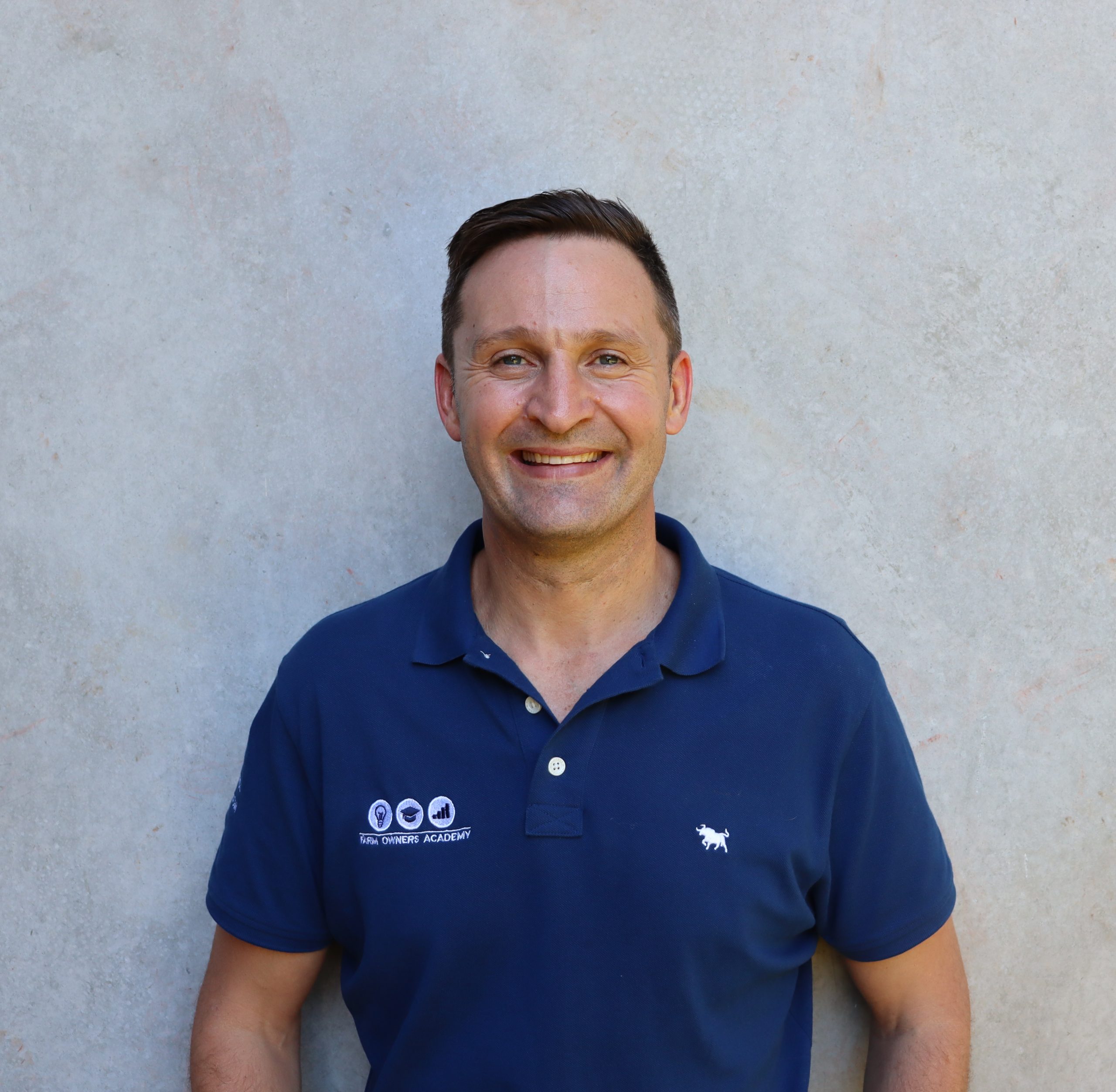
Andrew Roberts is an executive coach with 20 of years experience, a serial entrepreneur and a business scaling specialist. He has started, built and sold three 7 figure companies. The son of a New England wool grower, Andrew is well known as one of Australia’s leading business mentors, is a Strategic Business specialist, and has been instrumental as a mentor for a host of companies featured in various Business Review Weekly Top 100 lists.

Leah joins FOA with over 20 years of administration/executive assistant background in engineering and defence. She is a jack of all trades who brings her can-do and fun attitude to everything she does.
To help you make better decisions and improve the profitability of your farm…
We will deliver to you a Farm Financial Benchmark (FFB) that will give you a really clear picture of what your business currently looks like from a financial perspective and teach you how to create this report.Farm benchmarking is such a great tool to analyse the current business performance and help you to understand where the strategic opportunities for the business are. You will learn so much about the health of your business just by looking at the overall performance summary that comes from this benchmark.
To generate the benchmark report, we look at assets (land, plant and livestock), liabilities, revenue, inventories, direct and overhead costs (including appropriate wage allocations for owners and family members), financing costs, profit and equity.
We then use these numbers to generate a KPI scorecard specific to your farm across the following four categories – Solvency and Resilience, Profitability, Financial Efficiency and Repayment Capacity.
The Farm Financial Benchmark requires 3 steps:
1. Send us your financial information (most recent Profit & Loss statement).
2. We interpret the information at our end and send you back a summary of assets and liabilities, business performance and Key Performance Indicators.
3. Use what you learn from the Take Control Program to improve your KPIs which will lead to improved business performance and improved net worth.
You will also be able to ask your peers and mentors in the online community what they are doing, and what else you can focus on to improve your profitability.
The Farm Financial Benchmark includes 3 reports:
1. A summary of assets and liabilities to understand your equity.
2. We interpret the information at our end and send you back a summary of assets and liabilities, business performance and Key Performance Indicators.
3. A list of your business KPIs, to help you determine how you are performing and what changes need to be made to improve. This is very valuable. Green means you are performing well and red tells you there is an issue (based on successful farms around the world).
During the Take Control modules, you will learn more about the meaning of these KPIs and how to improve them. This will help you make the RIGHT decisions for your farming business.
Take Control isn’t just about business success, making money, or achieving recognition. It’s about balancing all areas of your life.
That’s why we’re including an event to help you achieve success.
We will GIFT you two tickets to our annual TOP Producers Program 2-Day Workshop (valued at $1000 each!) for free:
This is a comprehensive workshop, where you will learn how to make more money and run a better farming business.
It will be two of the most productive days of your year where you can work ON your business and improve it.
Click here to find out more about the TOP Producers Workshop